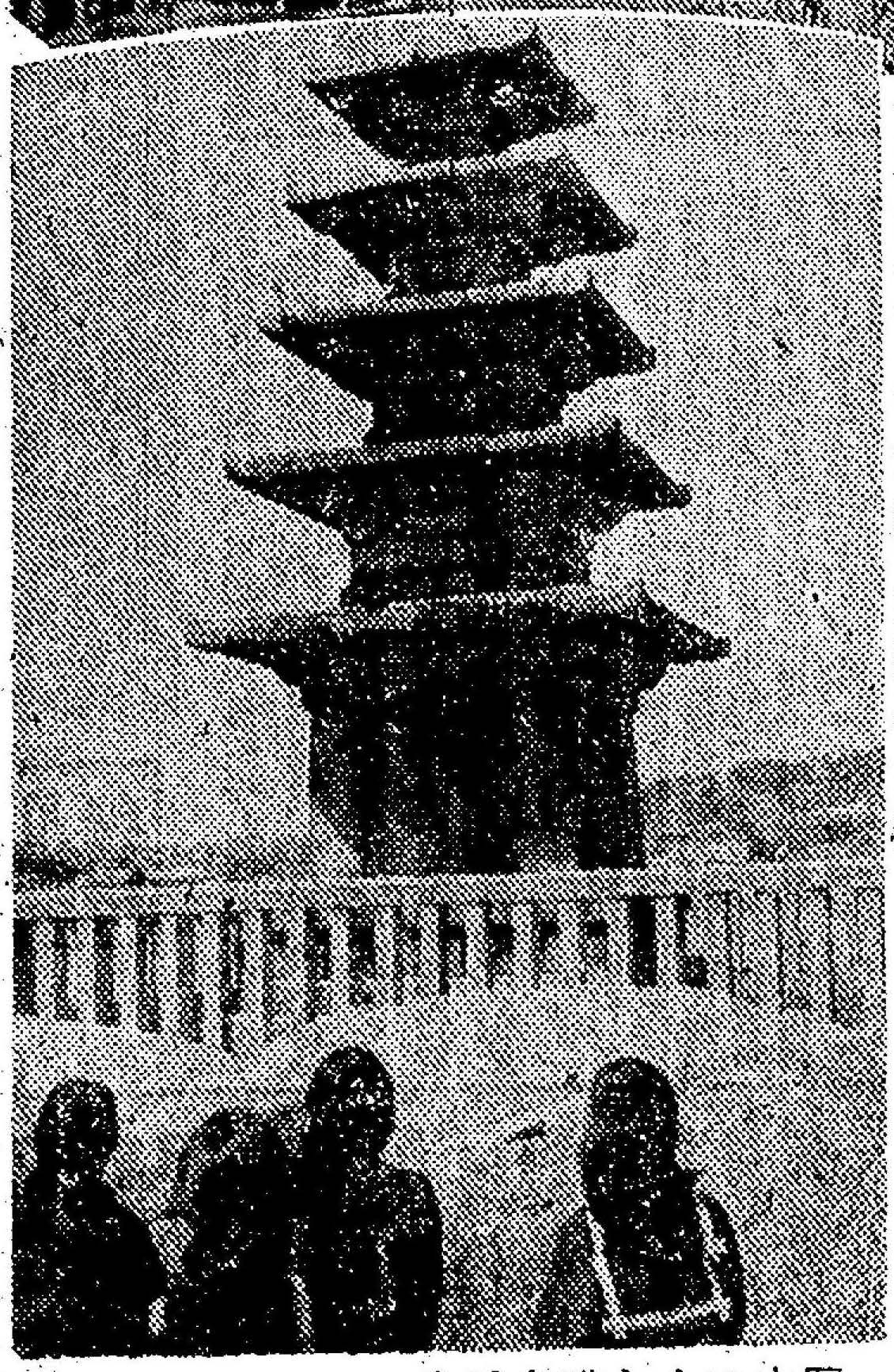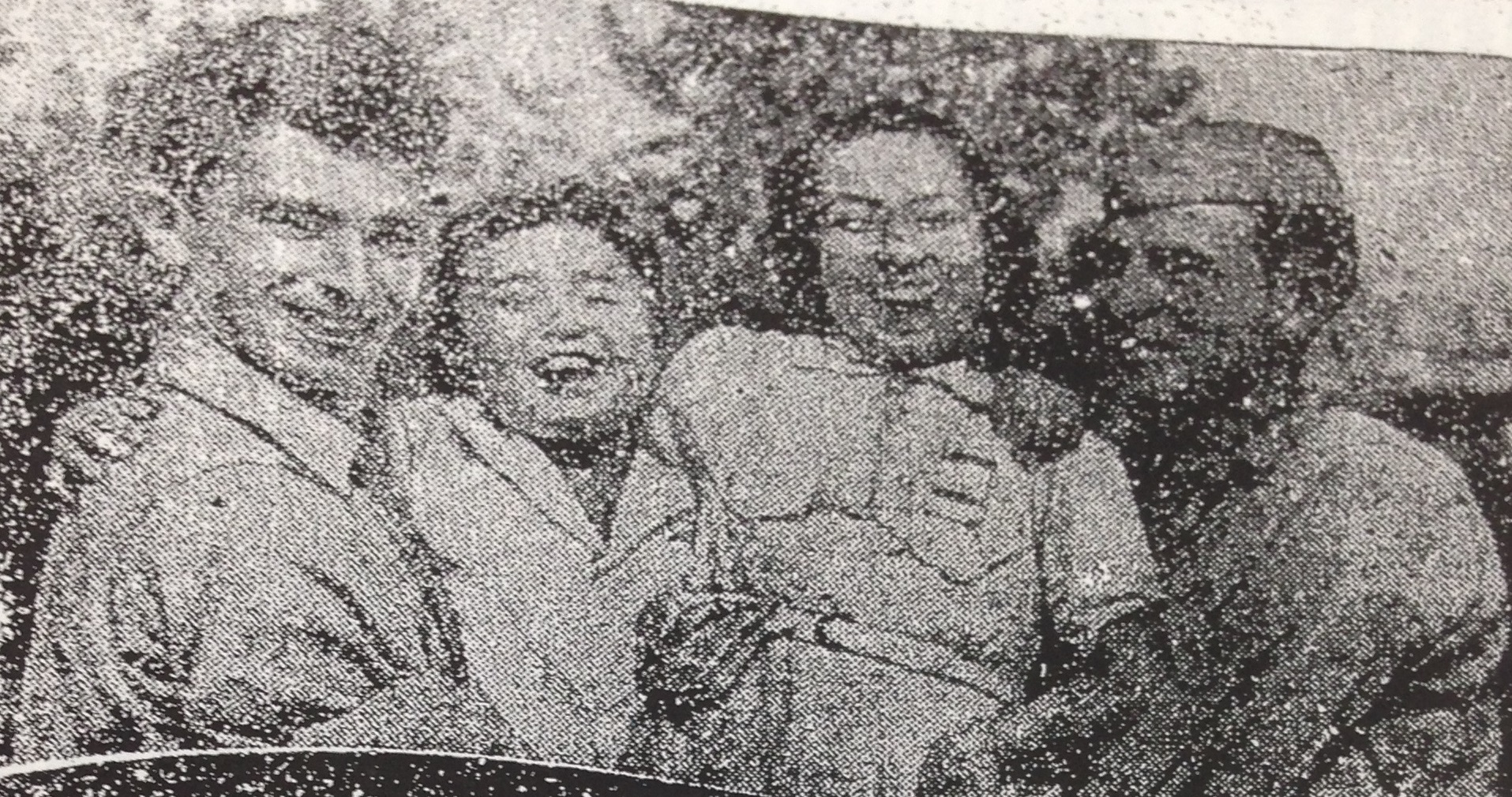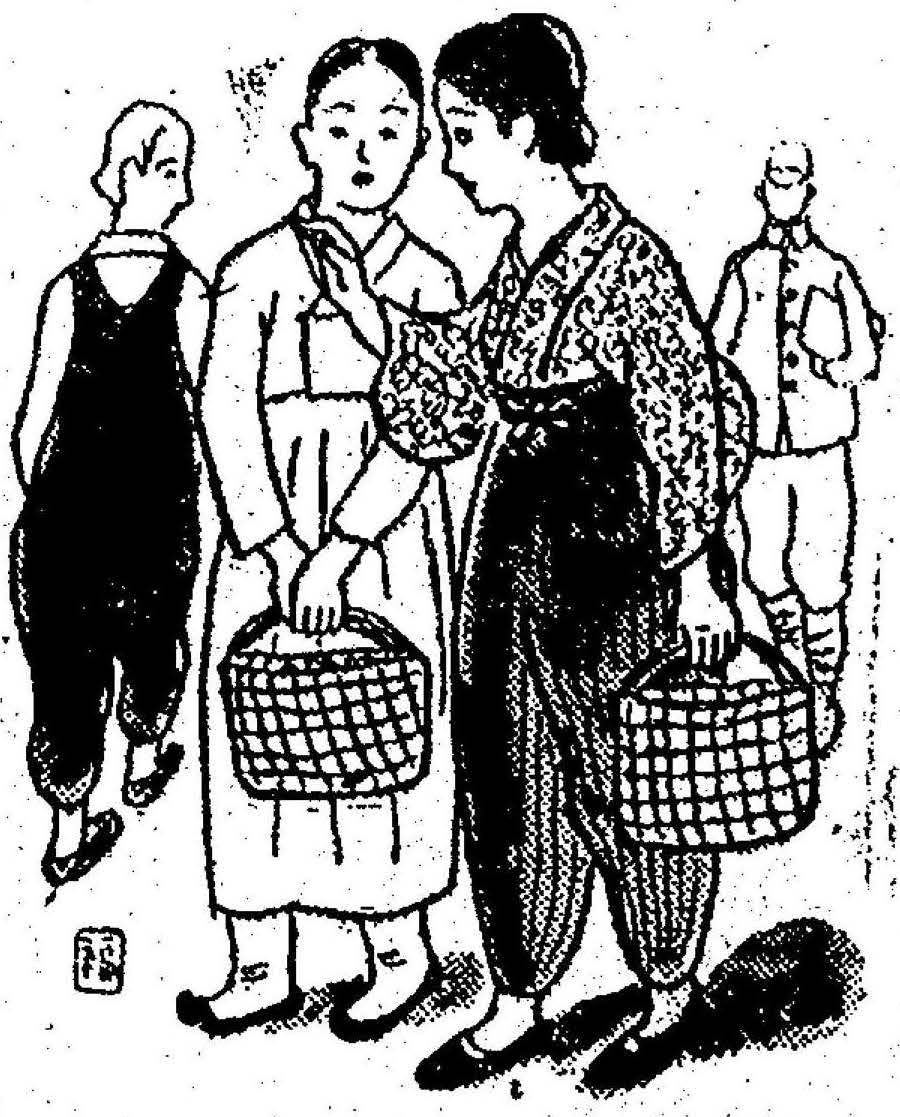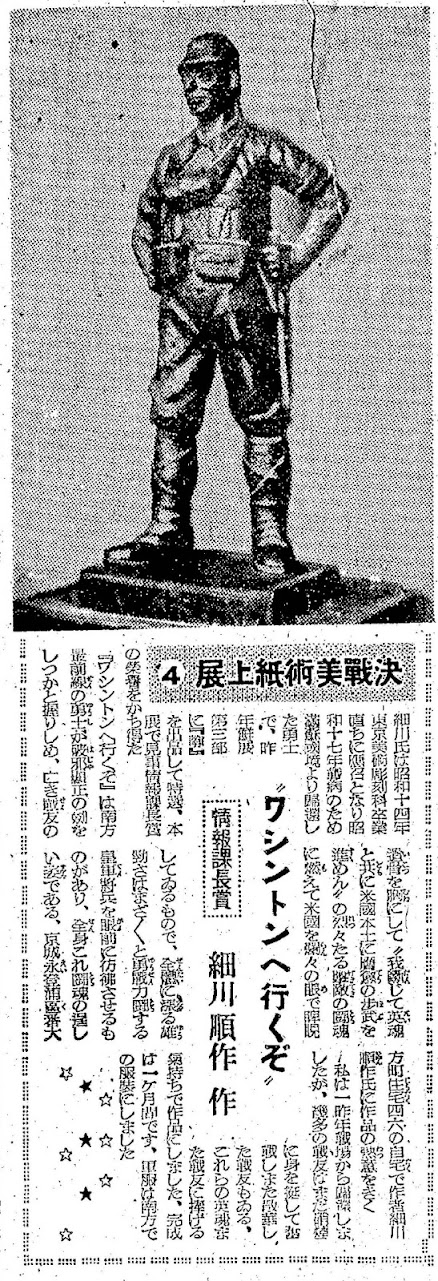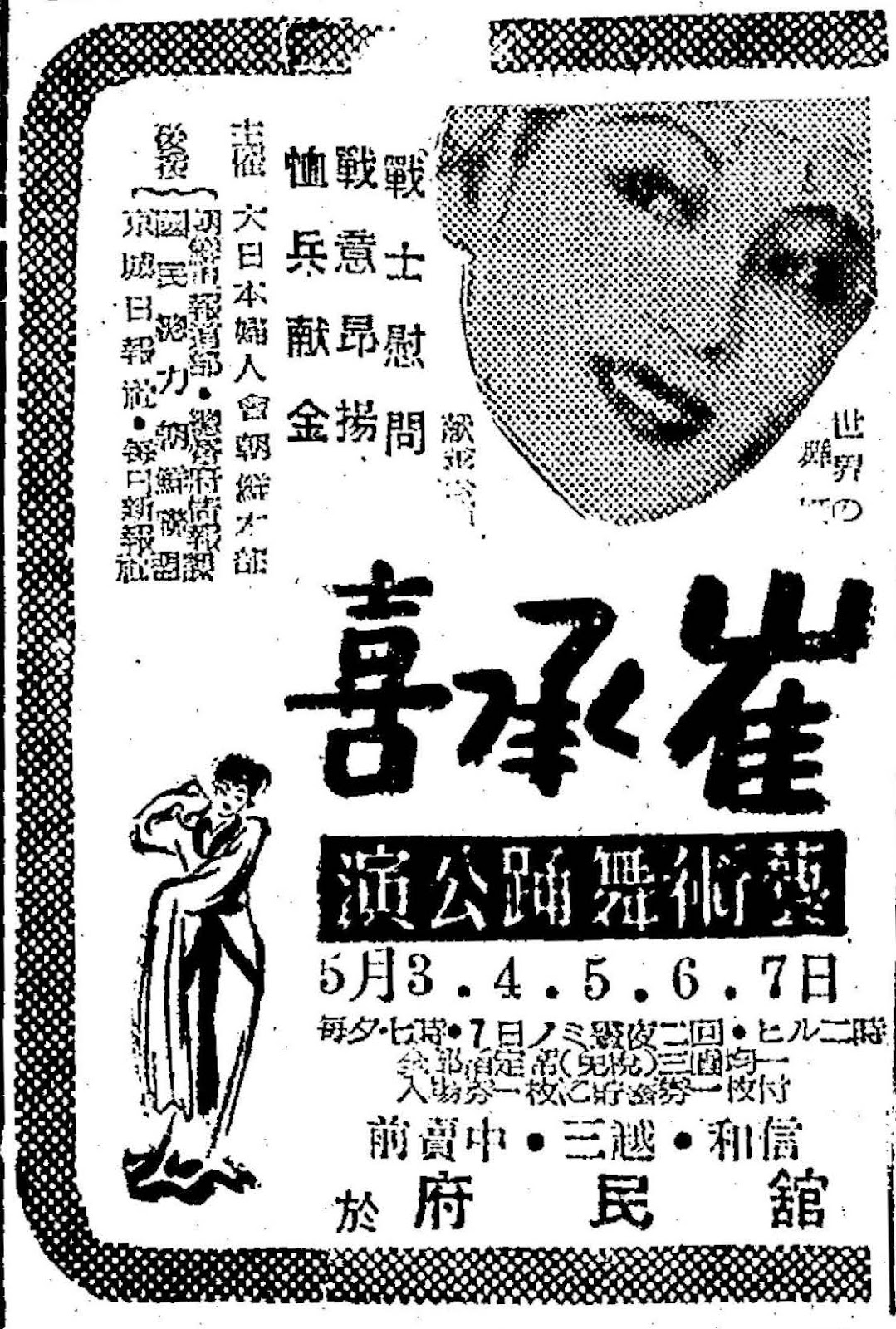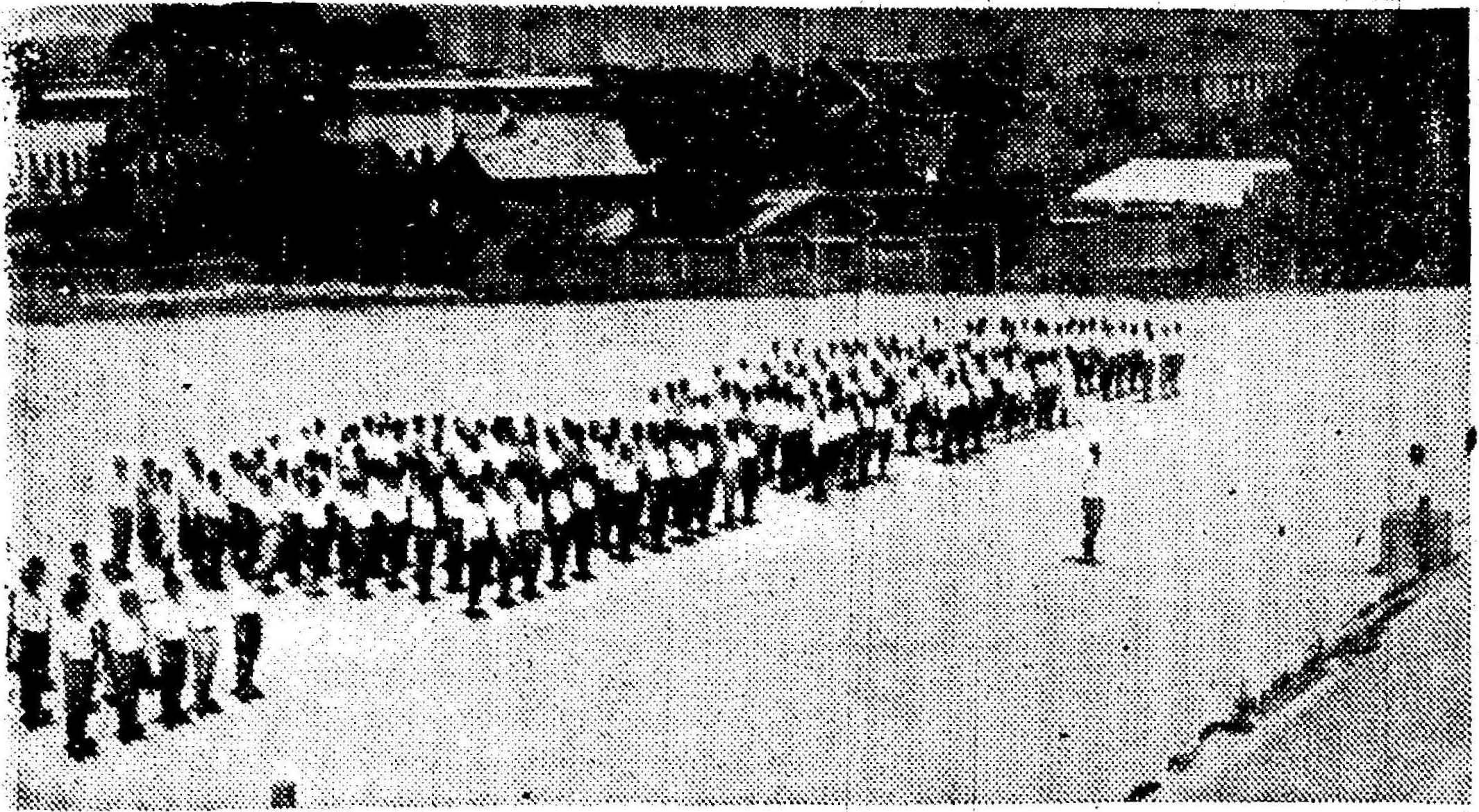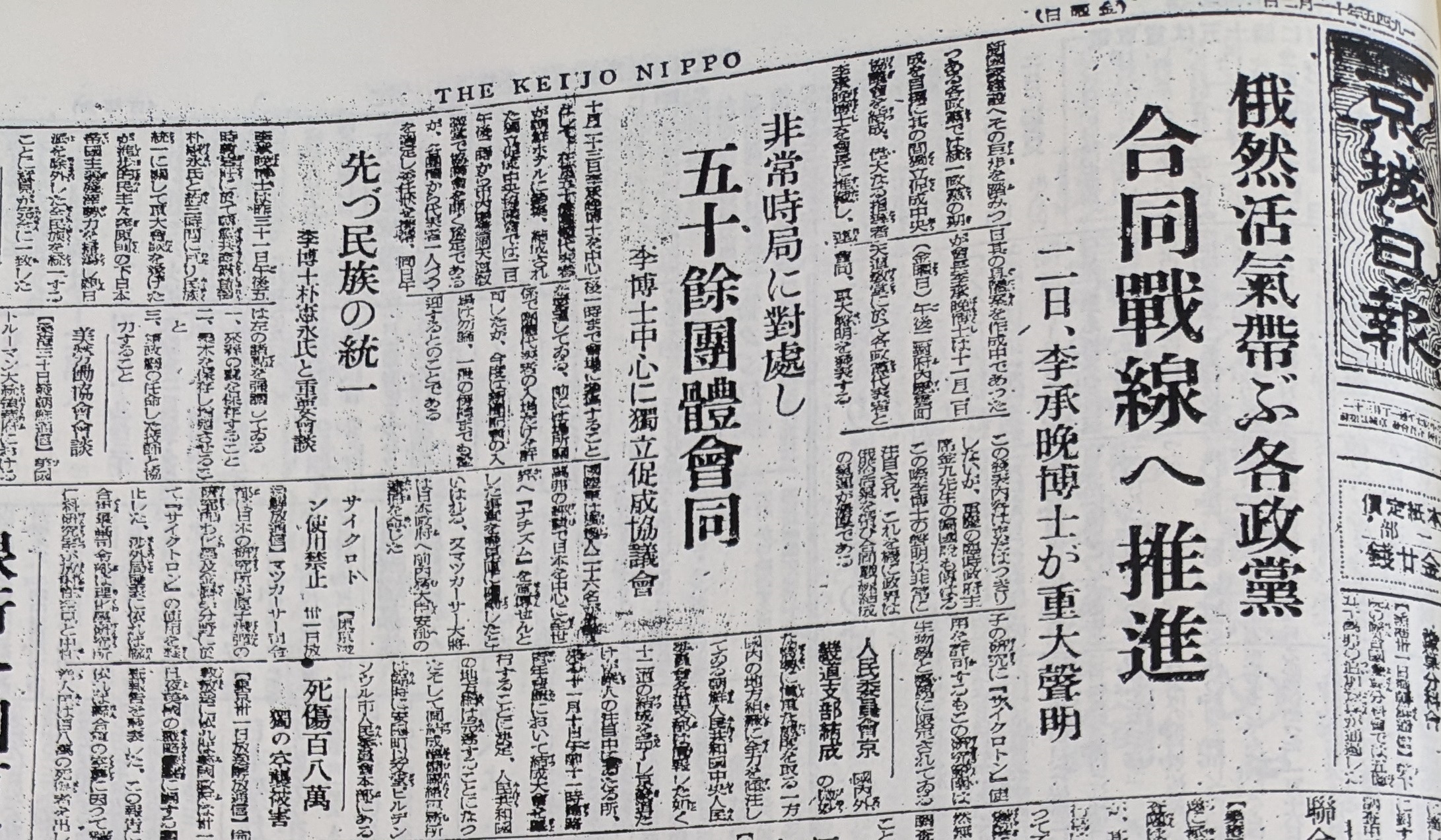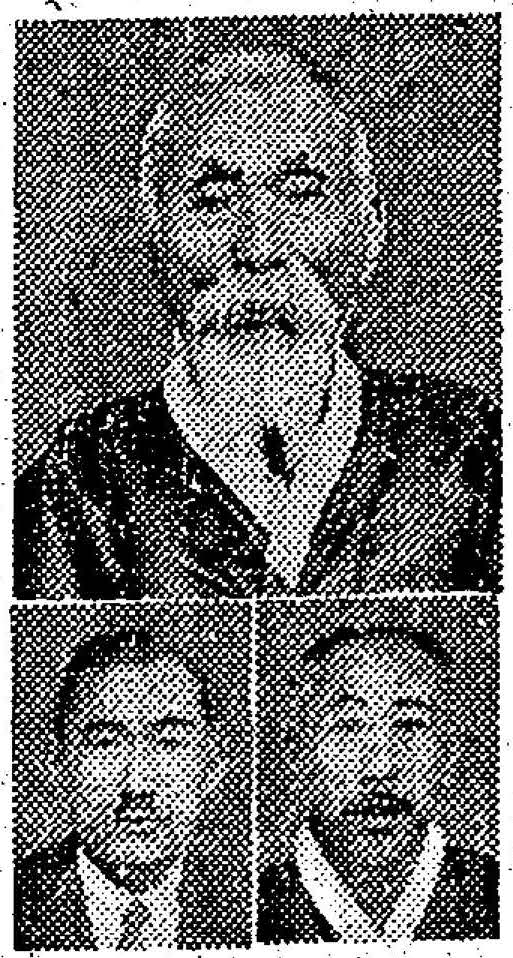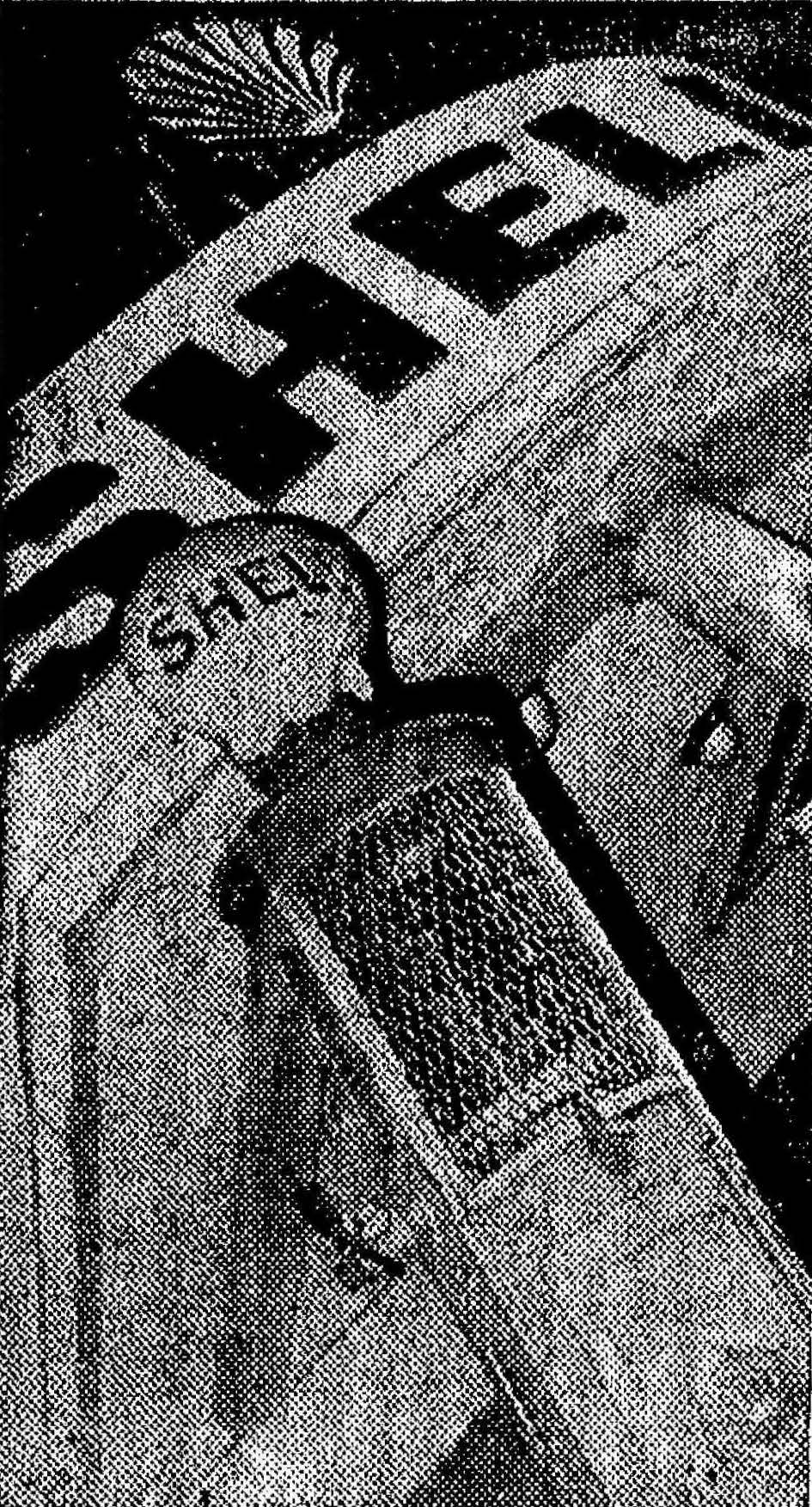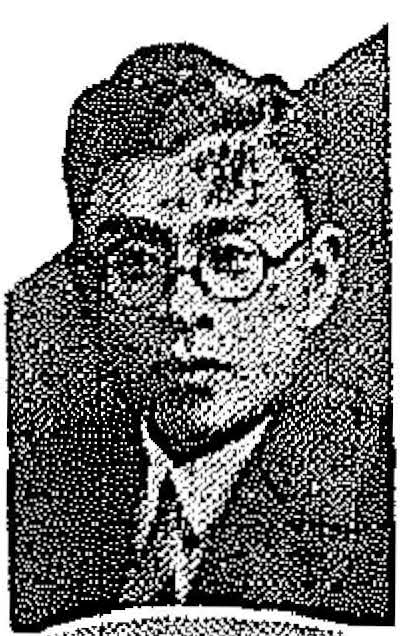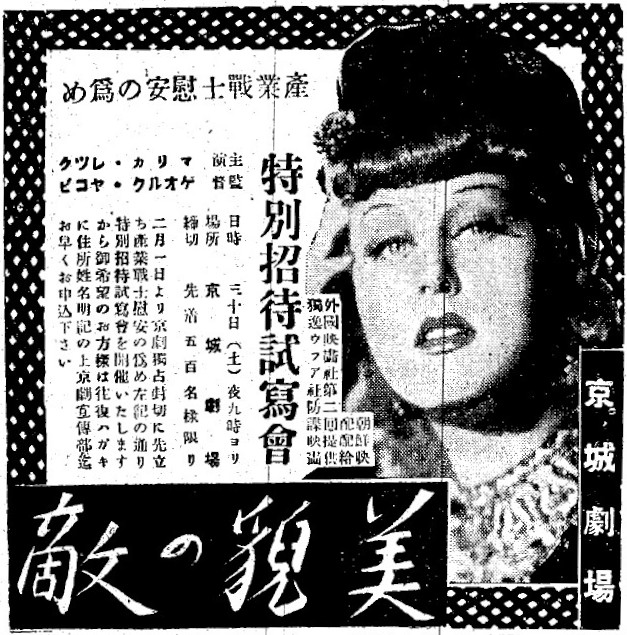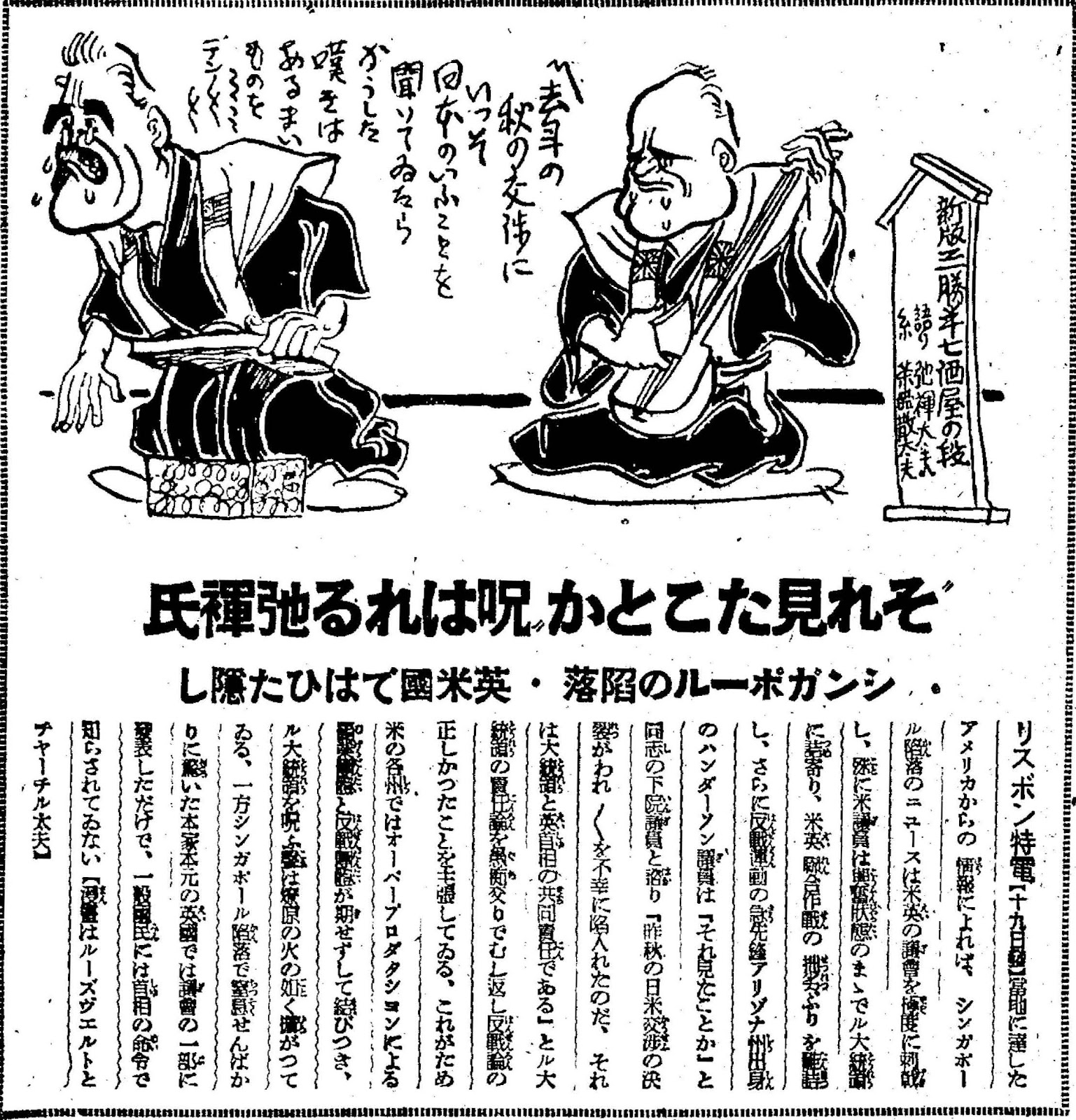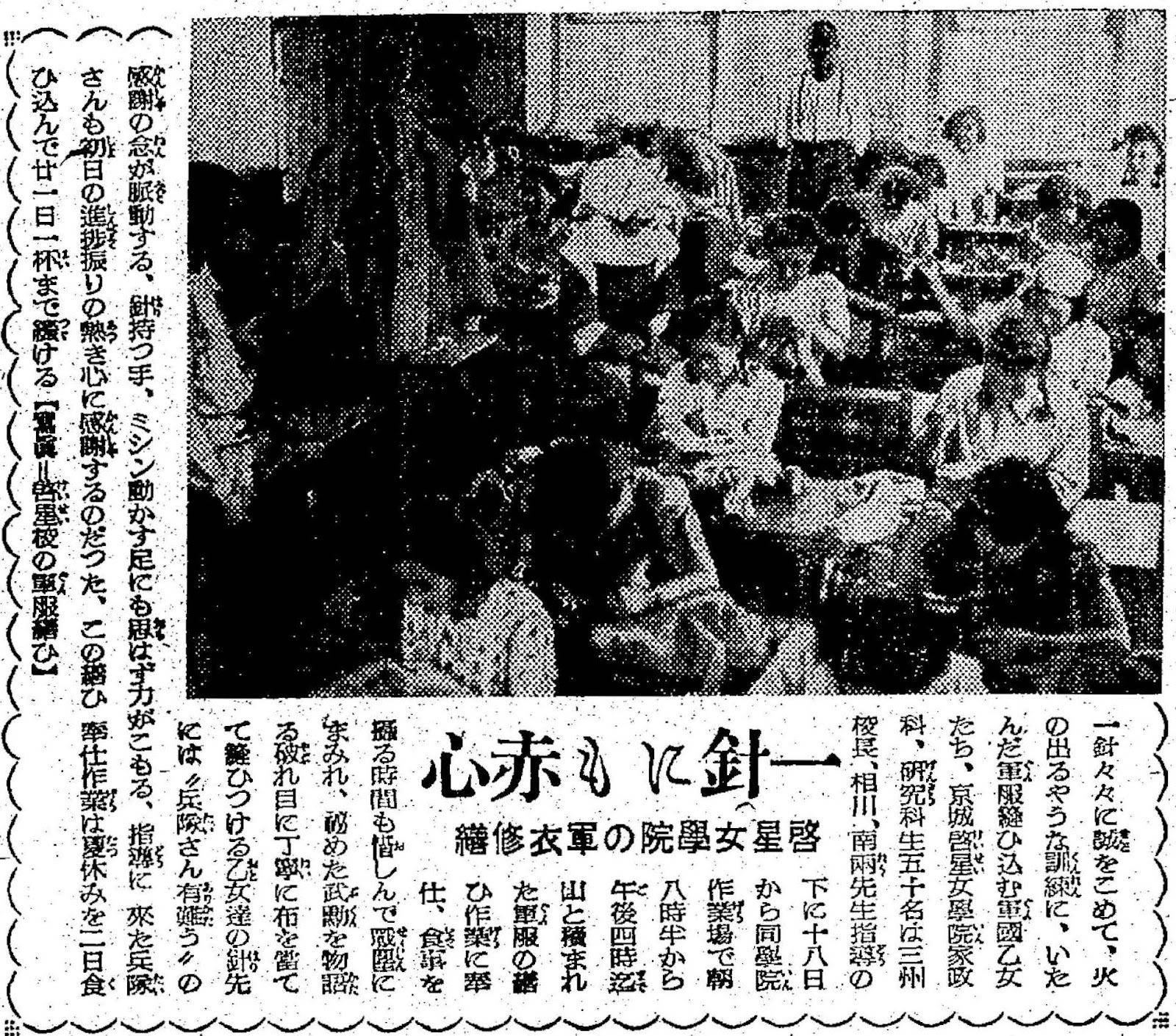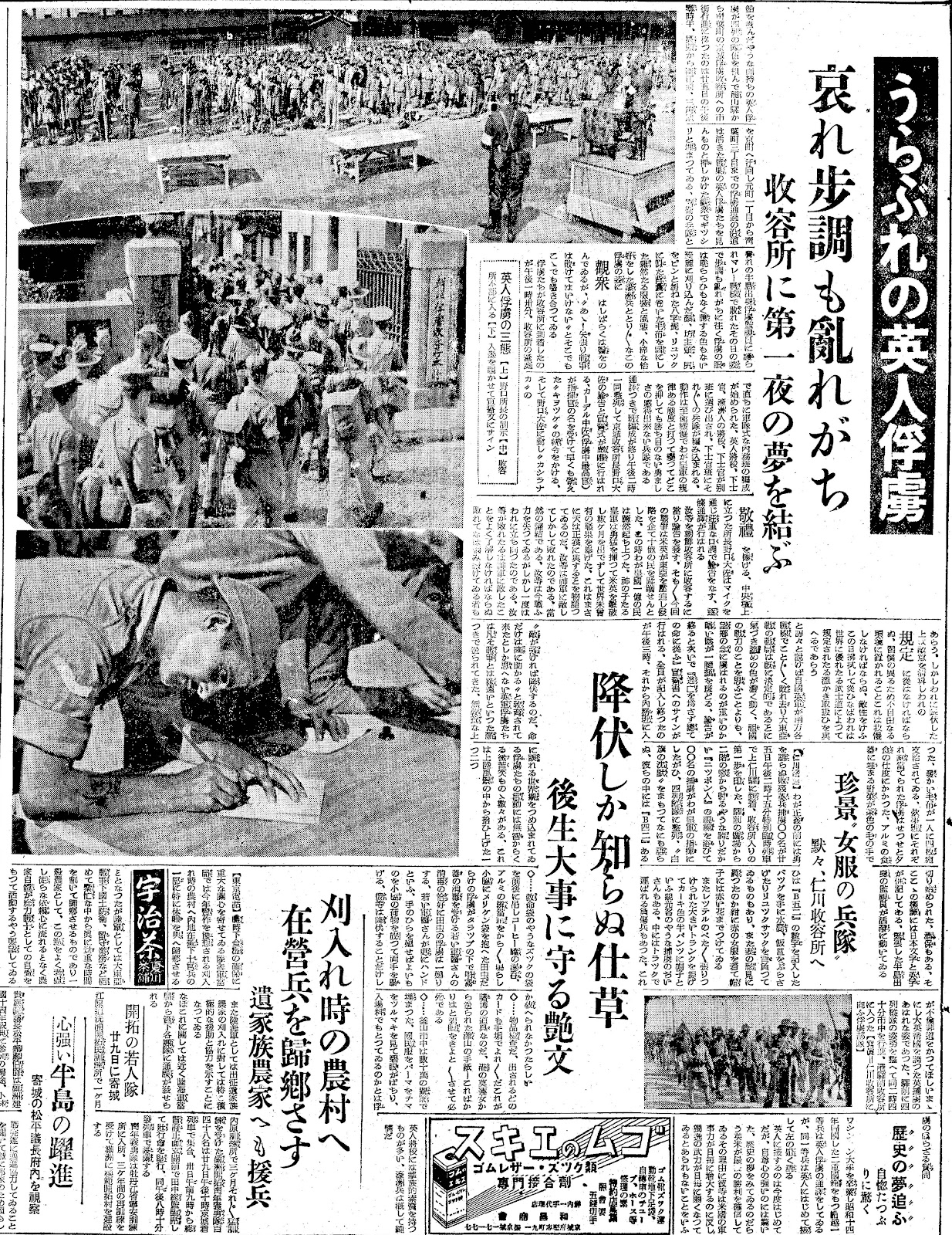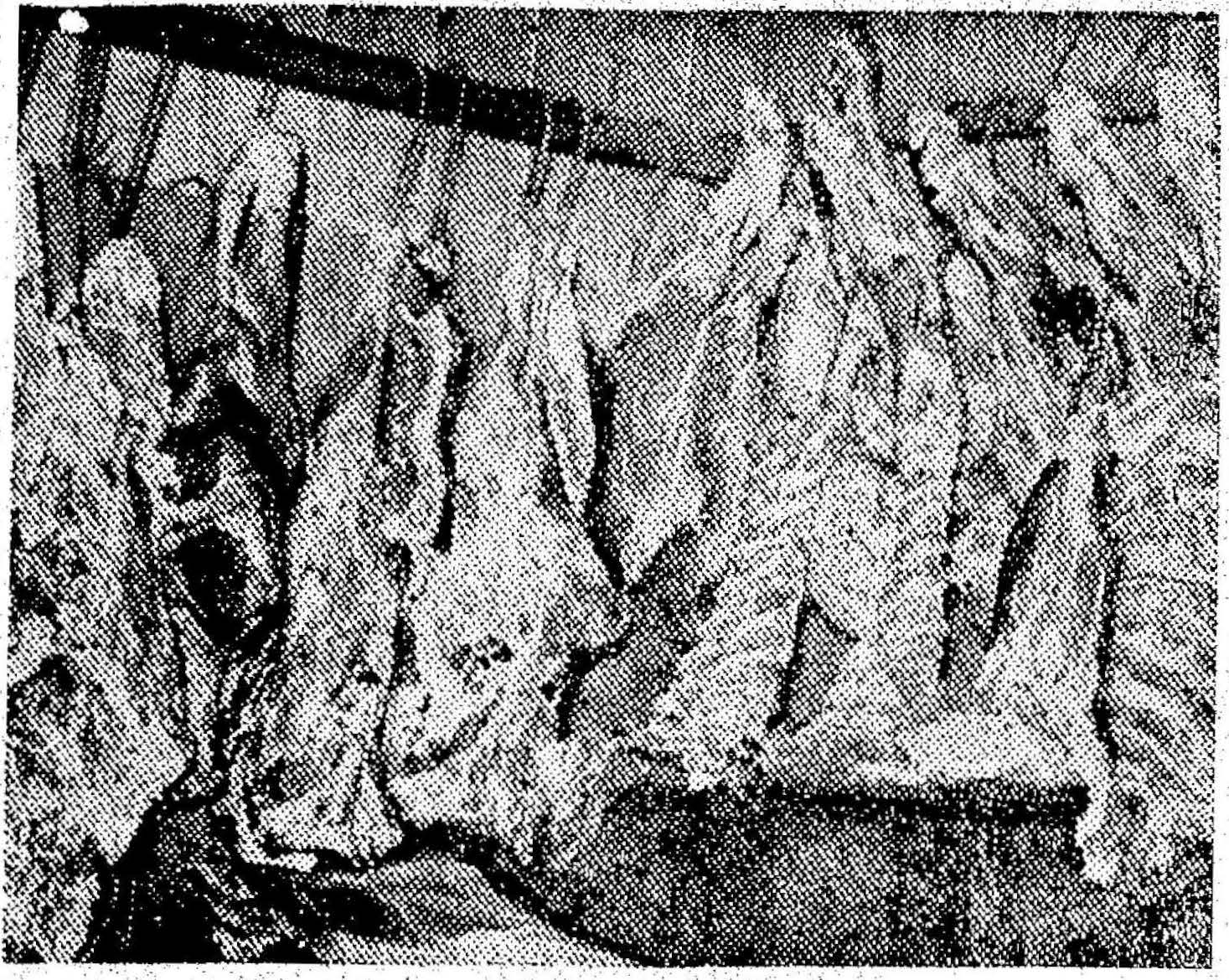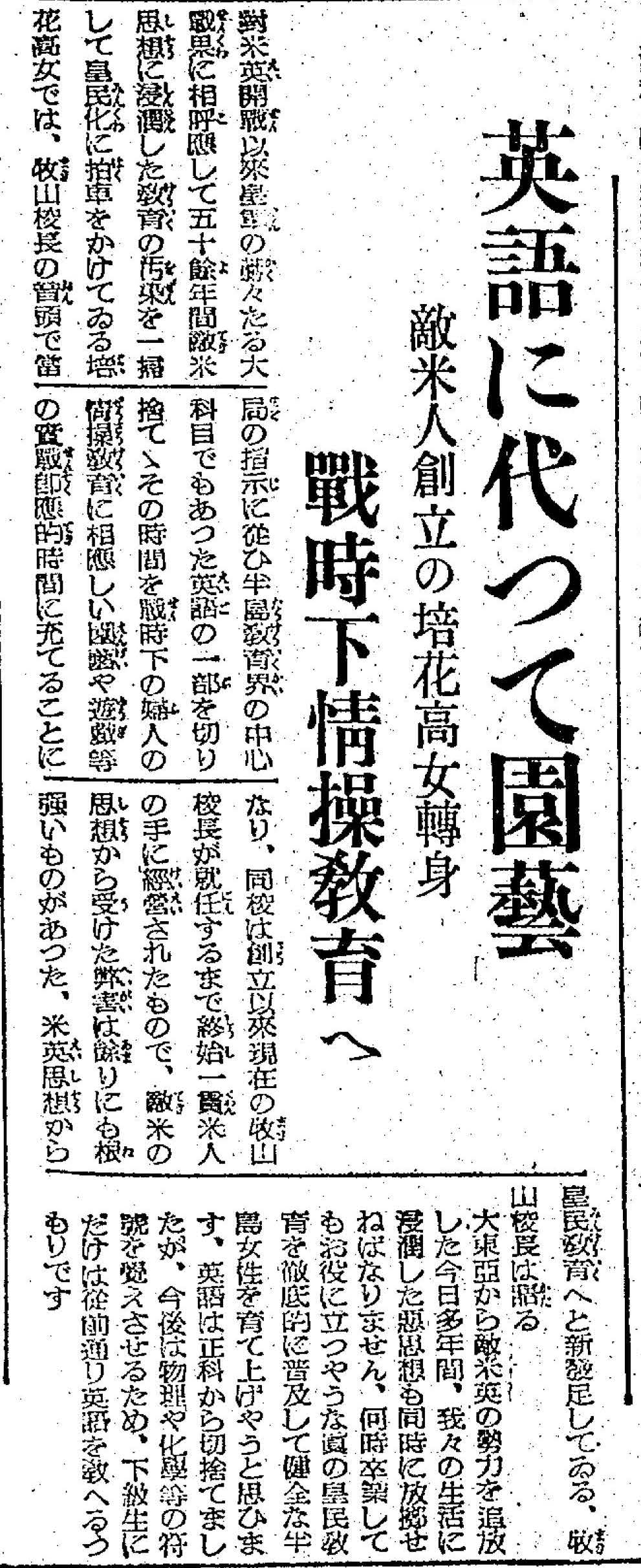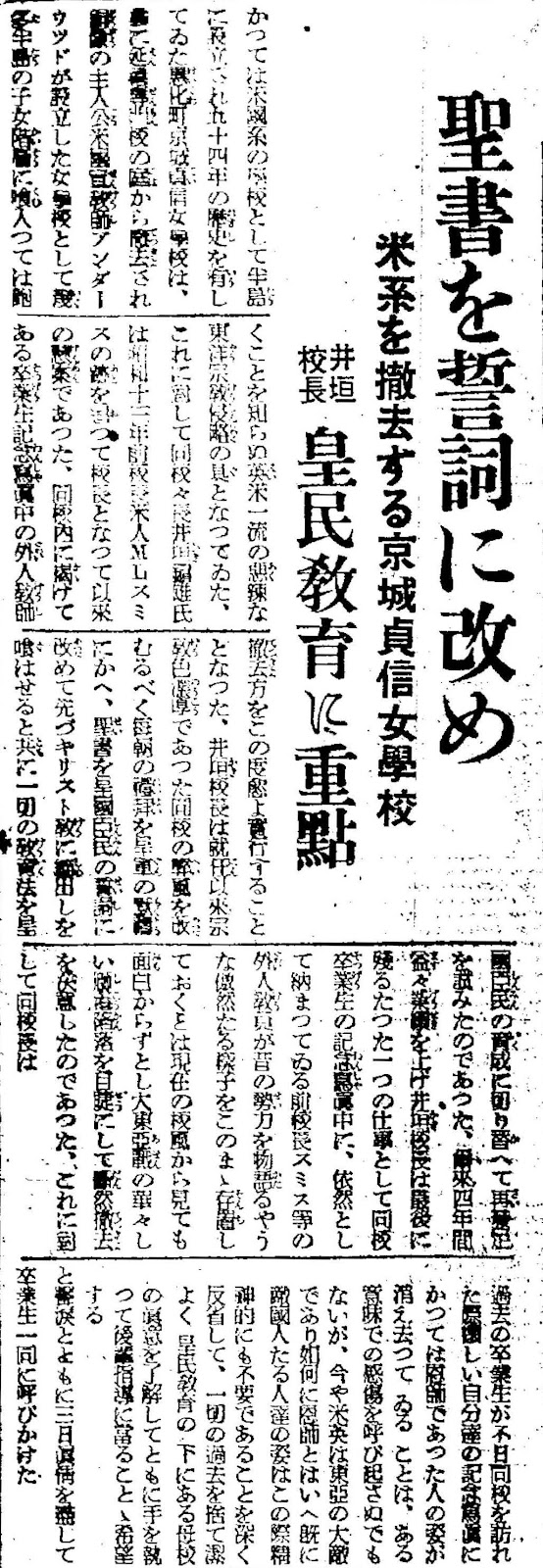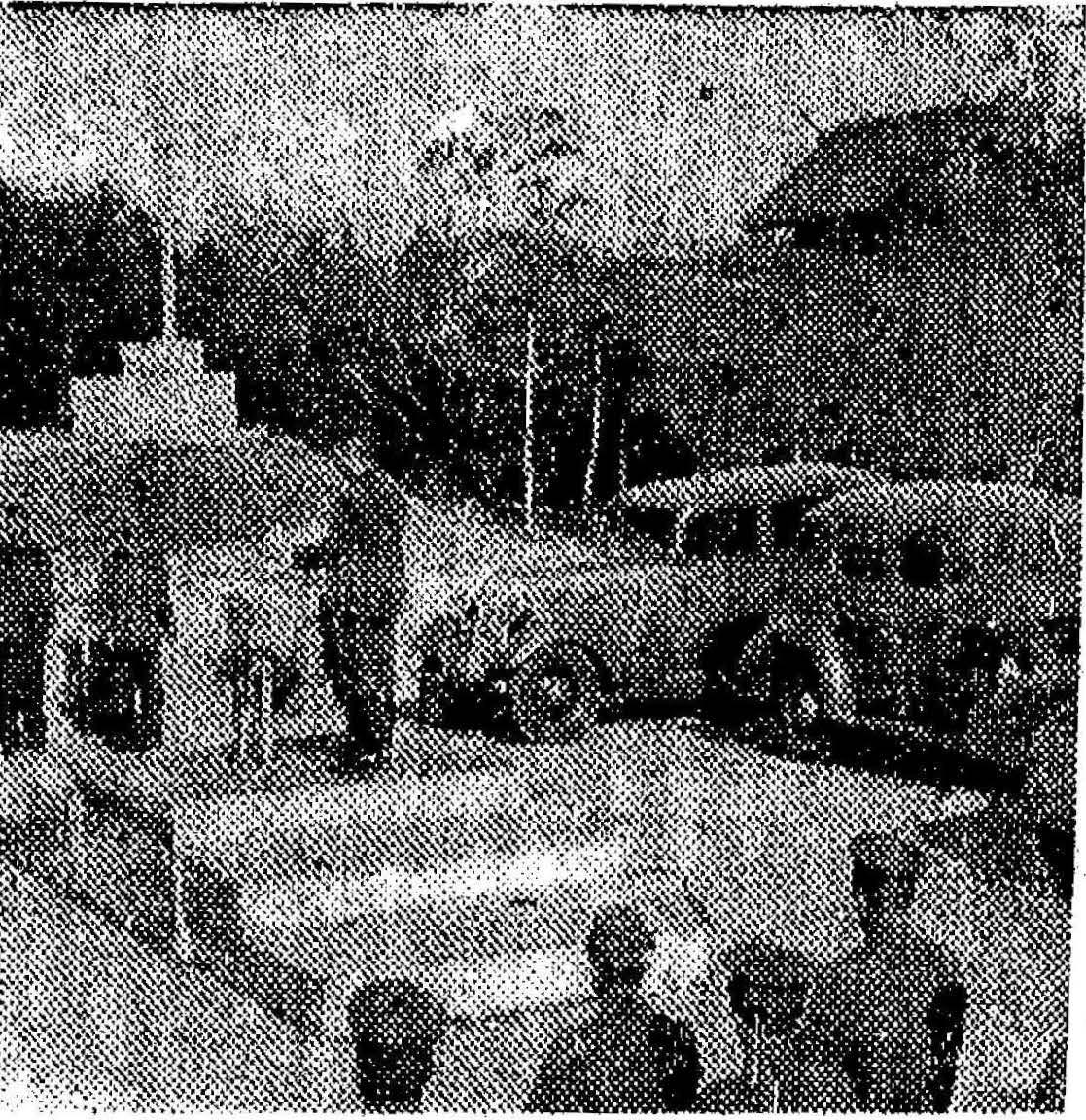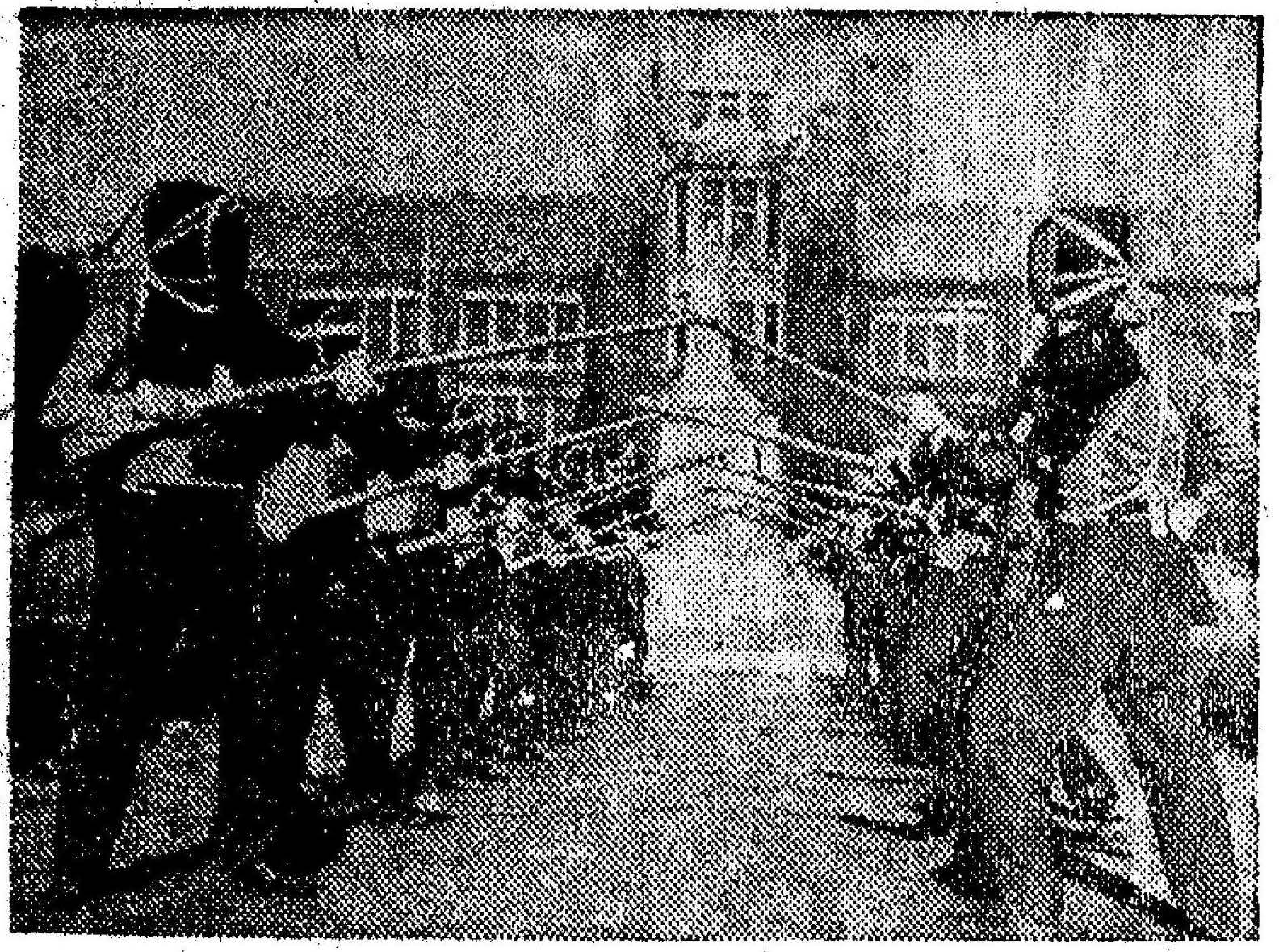
Imperial Japan purged Korean schools of ‘pro-American’ professors, abolished Christian prayers, and labeled the English language as the ‘product of the enemy’, expelled Western missionaries (Dec. 1942)
2024-03-15
155
1209
I wanted to share something quite illuminating and, frankly, disturbing from a historical perspective. It’s an excerpt from an article published in Keijo Nippo, the colonial newspaper and official mouthpiece of the Imperial Japanese government that ruled Korea from 1905 to 1945. This piece sheds light on a particularly dark aspect of colonial rule: the aggressive purge of Western influence from Korean educational institutions.
In December 1942, as Imperial Japan marked the first anniversary of the Pearl Harbor attack, a series of articles including this one were released to rally the nation and stir up anti-American sentiment. This article reveals how the colonial government took over and purged schools founded by Western missionaries, especially those with American or British roots, enforcing a dramatic shift towards Imperialist education. This involved not just a curriculum overhaul but a ban on Christian religious practices and an outright demonization of the English language—all in the name of patriotism.
The schools mentioned in this article, which include the precursor to today’s Yonsei University (referred to as Yeonhui in the text), have survived to the present day. Yet, back then, they were forced to undergo a radical transformation. The article talks about appointing new principals loyal to the Imperialist cause, erasing all signs of Western influence, and instilling militaristic and nationalistic values among the students. English, once a symbol of enlightenment and modernity, was labeled the “enemy’s product.”
What’s particularly jarring is the narrative’s tone—celebrating these changes as victories, as liberations from the supposedly corrupting influence of the West. It’s a stark reminder of how totalitarian regimes can twist education into a tool of propaganda, demonizing foreign ideas and enforcing a singular narrative in the name of fostering patriotism and loyalty to the Emperor. By documenting and sharing articles like this, I hope to keep exposing the actions of this unhinged totalitarian regime.
[Translation]
Gyeongseong Ilbo (Keijo Nippo) December 3, 1942
The Wall of Magic Crumbles
Pure souls now arise!
Rushing towards military education and the Japanese language
A year since the expulsion of the British and Americans, Education Edition
Yeonhui Specialized School was a mission school, a prestigious institution directly affiliated with the U.S. and Britain. On October 1st, the Governor-General’s Office of Korea appointed Mr. Takahashi as the principal. It was a bolt of lightning from the blue on a clear day. The world praised the decisive action taken by the government, and Mr. Takahashi, the new principal, was fervently encouraged. He raised great expectations, crying out, “Oh Yeonhui, how will you be reborn?”
Yeonhui Specialized School was the first temple for worshiping America and Britain. Its campus was designed to be a magical garden that yearned for America and Britain, with pine greenery, colorful green and red tiled roofs, Western flower beds, and English conversation. It was a bewitching gate to America and Britain.
A direct path to America and Britain was cleverly constructed, and each year, a number of young students, envied by others, were easily sold to America and Britain, with money and stylish suits. Standing on the hill of this magical campus, Principal Takahashi could see that the design of the school’s lawn was exactly in the pattern of the Union Jack, which also incorporated the Chinese character (米) for “rice”, which represented America. A professor answered that this was because the founder, Dr. Avison, was born in Britain and naturalized in America. Moreover, it is said that until this spring, a statue of the founding principal, Mr. Underwood, was erected at the center of the Union Jack, aiming at the soul of the Korean Peninsula.
That such a school existed in a corner of Imperial Japan until today will surprise many. Students are supposed to study within the relationship of nation = life = school, yet somehow such a school devoted to America and Britain still managed to exist.
Principal Takahashi hurled five school mottos at the academy. The first school motto was, “Understand the true meaning of the National Body, embrace the essence of the Imperial Rescript on Education, refine your thoughts, expand your insights, and thus strengthen your conviction of being subjects of the Imperial nation,” and the youth became purified. The students of the academy, who had previously been enchanted by the magic of America and Britain, leaped at these five school mottos.
Morning prayers were abolished. Missionaries disappeared. The religious department was dissolved. Professors considered to be pro-American and pro-British were gone. And “Let’s proceed with haste” became the motto among professors and students. A fierce desire to catch up on past delays surged and filled the academy at once. Yeonhui is now undergoing a significant transformation, completely breaking free from the shackles of America and Britain. It’s a new morning for Yeonhui, once an American and British academy and outpost like Singapore.
Let’s turn our gaze to Ewha Women’s Specialized School, the “Yeonhui for girls,” which was once an academy and outpost like Hong Kong. Now, a tatami-floored etiquette room has been established. Sacred hemp is offered at the Kamidana Shinto shrine, and in that room, the tea ceremony and flower arrangement are learned gracefully. Japanese women are also being born here. It was October. Female students, who had once proudly spoken English in their conversations as a matter of principle, awakened to the realization that “the English language is indeed a product of the enemy” and devoted themselves to practicing the Japanese language, boldly performing a Japanese language drama at the Seoul Citizens Hall. One might say it feels like a different era when one thinks about it.
It is said that, at both Yeonhui and Ewha, the Americans implemented their deep schemes by demanding the placement of several professors in exchange for substantial financial contributions from the mission. Similar things were happening under the noble names of love for humanity, religion, and education, with secondary schools placed in all the key cities of Korea: Yeonhui (연희, 延禧), Paichai (배재, 培材), Ewha (이화, 梨花), Baewha (배화, 培花), Chungshin (정신, 貞信), Kyungshin (경신, 儆新), Soongsil (숭실, 崇実), Keisung (계성, 啓聖), Youngsaeng (영생, 永生), and Myungduk (명덕, 明徳). They attracted many young male and female students and actually aimed their venomous fangs at the immature souls of the Korean peninsula. Most of these were girls’ secondary schools, aiming to infiltrate homes by capturing women’s hearts first.
However, all of these schemes have now been cut short. Each school is making a robust advance in the Great Imperial War. Formerly rigid mission school female students are now visiting shrines monthly, comforting brave soldiers in white at army hospitals, and engaging in tennis matches with those soldiers. This is the reality of the Korean peninsula today. All of these can be said to be the spoils of victory at the home front that we won from America and Britain in the first year of the Greater East Asia War.
Severance Medical School also changed its name to Asahi Medical School in that memorable year. What a bright name it has taken! The sound of military training boots is heard in the campus of Asahi Medical School.
Thus, the educational world of the Korean peninsula, having blown away the American and British school atmosphere, will surely become a brilliant exemplar for the construction of the Greater East Asia Co-Prosperity Sphere. [Photo = Yeonhui Specialized School students engaged in military education]
Source: https://archive.org/details/kjnp-1942-12-03/page/n3/mode/1up
[Transcription]
京城日報 1942年12月3日
”魔術の垣”崩れて
清純の魂、今や起つ
軍教に、国語に駈足
米英締め出し、あれから一年、教育篇
延禧専門、それはミッションスクールであった。立派な米英直参の学校であった。そこに十月一日、朝鮮総督府は高橋教学官を校長として任命した。まさに晴天の電霆、世は挙げて本府のとった英断を読め、高橋新校長を激励した。そうして、「延禧よ、如何に新生するか」と絶大の期待をかけた。
延禧専門、それは米英崇拝の第一殿堂であった。その学窓は松林の翠色、赤瓦の色彩的屋根、西洋花壇、英語の会話等々々、遥かに米英を憧憬すべくすべてが装置された魔法の庭であり、米英への妖麗な門であった。
そこから米英への直線路が巧緻に作られていて、年々幾人かの若い学生は他の学生の羨望の中に金と瀟洒な背広とをあてがわれて、やすやすと、その米英へ魂を身売りしたものである。一日高橋校長がその魔法の学園の丘に立って見下ろせば、その校庭の芝生の設計はまさしくユニオンジャックを型どり、そのユニオンジャックはまた米国の『米』という字をも型どったもの、更にこれを追及すれば、創立者アビソンが英国生まれで、米国に帰化した人物である處に由来すると一教授は答えたという。しかもそのユニオンジャックの中心にはこの春まで創立校長アンダウッドの彫像が心中半島の魂を狙った姿で建てられていたという。
そんな学校が今日まで皇国日本の一角に存在していたということ、自体何人もことの意外に驚くであろう。国家=生活=学校この関聯の中に身をおいて学を修むべきに、よくもかかる米英、そのままの学校が存在していたものである。
その学園に高橋校長は五ヶ条の校訓を投げつけたのである。その第一条は、「国体の本義に透徹し、教育勅語の旨趣を奉体し、思索を精にし、識見を長じ、以て皇国臣民たるの信念を鞏固ならしむべし」と、青年は正純なり。あれ程に魔法にかけられて来た学園の学生がその五ヶ条に飛びついて来たのだ。
朝の礼拝は無くなる。宣教師は姿を消す。宗教部は解消する。米英系と目されていた教授もいなくなる。そうして「駈足で行こう」そうした言葉が教授、学生の間の合言葉となったのだ。今までの遅れていた分をこの一気に取り返そうとする激しい意欲が澎湃として学園に満ち満ちたのだ。延禧は今大いなる転回をとっている。完全に米英の羈絆から脱却した。米英系学園のシンガポール延禧の新しき朝。
視線を梨花女専に移そう。「女子の延禧」学園の香港であった梨花女専に、今床間のついた作法室が設けられている。神棚には大麻が奉斎され、そうしてその室は茶の湯、生花などが淑やかに学習されている。日本女性はここにも誕生しようとしている。秋十月であった。これまで英語を会話の原則として誇らかに喋っていた女子学生達が「英語こそ敵産なり」と目覚めて国語の修練に努め、堂々国語劇を府民館で公演した。思えば隔世の感ありといってよかろう。
延専にしても梨専にしても、米国はミッションからいくらいくらの金を支出する故教授幾人を入れろという筆法でその深謀が強行されて来たという。それに類することが、宗教と教育という人類愛の美名にかくれて培材、梨花、培花、貞信、儆新、崇実、啓聖、永生、明徳などなど全鮮枢要都市に中等学校が配置され、幾多の青年男女生徒を吸引し、実は毒牙を半島の未熟な魂の上に打ち込んでいたのだ。しかもこれらの殆どが女子中等学校であり、先ず女の心を据えて家庭に喰い入り骨を抜こうという手段だった。
しかしそれらの一切が今は起ち截られた。何れの学校も皇国の大戦に健実な前進をとっている。かつて強硬なミッションスクールの女学生が、今日神社に月詣でしている。又陸軍病院に白衣の勇士を慰問し、その勇士達と庭球の試合に打ち興じている現実が現在の半島なのだ。それらのすべては大東亜戦第一年が米英から奪還し得た銃後の勝利といってよい。
セブランス医専も「その一年」に於いて旭医専と改称した。何という明るい名称をとったことであろう。その「旭」の校庭に軍事教練の靴音を聞く。
かくて米英的校風を吹っ飛ばした半島教育界、それは大東亜すめらあじや建設への輝かしい示範者となるであろう。【写真=軍教に励む延禧専門学校生】

